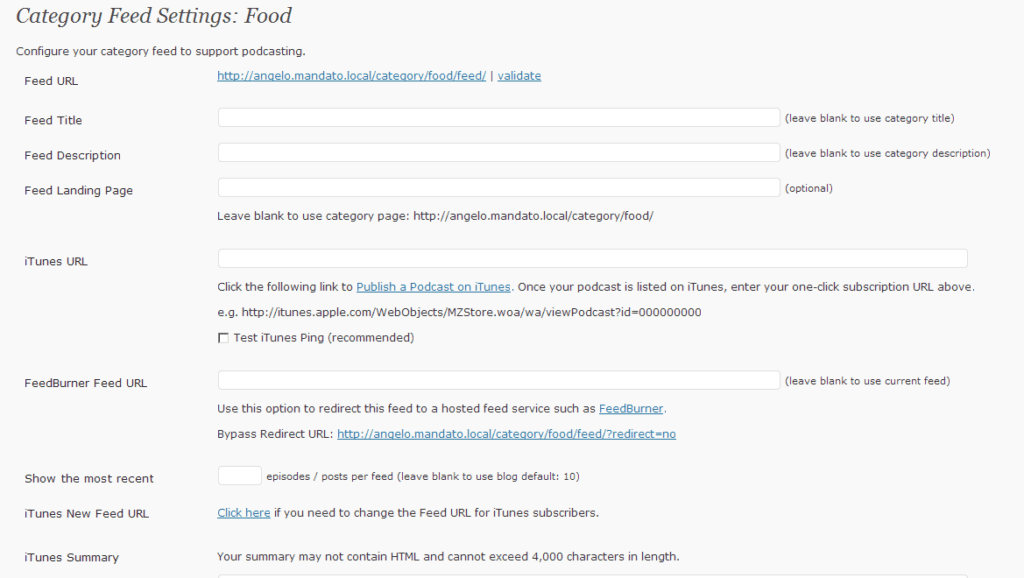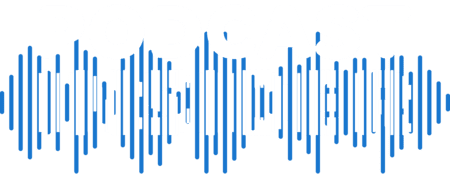RSS feeds – what they are, how they work, why they are so crucial – can confuse even experienced podcasters. At Blubrry, we’re passionate about encouraging podcasters to keep ownership of their RSS feeds, rather than turn that control over to service providers.
But why is it so important that a podcaster control his or her own feed and specifically, that most podcasts only need ONE feed? Today, Blubrry/RawVoice CEO Todd Cochrane explains the reasoning behind our dedication to podcaster-owned feeds, and why serving multiple feeds to different services can be a dangerous proposition:

PPP: Blubrry has made RSS feed ownership a priority since day 1. Why?
TC: We built PowerPress on the philosophy that we could go out of business tomorrow podcasters would not be left without a feed, as has happened so many times when companies have gone out of business or had a priority change.
There is always some risk on the financial viability of the companies podcasters host with, and specifically, have their feeds with. We have been proactive in providing podcasters a security blanket that, so long as they use PowerPress, their feeds are protected.
This pro-podcaster philosophy is not the business model of much of our competition, whose sales models are often filled with fear tactics and misinformation that scare podcasters out of using their own IPs by talking them out of using their own feed.
Not only are you at risk of losing control of your feed – or losing it entirely! – if it’s hosted with someone else, but your SEO can take a big hit if you host your feed on a service that is not using your website as the original source.
PPP: But why are so many podcasters so willing to give up control of their feeds in the first place?
TC: Sometimes they don’t even realize that’s what they’re doing. And in other cases, the service provider actually tries to sell podcasters on the idea that their show feed needs to be hosted somewhere else, using scare tactics – for example, they might try to convince you that WordPress is unstable and an update can “break” your feed. In our experience with nearly 60,000 podcasters using PowerPress, this is rarely an issue. All service providers have occasional problems, but WordPress is powering massive numbers of podcasts, and I would suggest the propaganda being spread is more about gaining and controlling podcaster’s feeds.
PPP: Got it. On top of that I’ve heard of a service providers forcing podcasters to have separate feeds for each site their show is syndicated to. What’s up with that?
TC: While PowerPress gives someone the flexibility to create separate feeds if they want, only a very small subset of shows – maybe 2-3% – would have a legitimate need to do this for advertising or business reasons. Meanwhile a large number of podcasters unnecessarily have a mess, with multiple feeds of the same show all over the place.
Tweet: Only a very small # of shows EVER need multiple feeds. Find out why. http://bit.ly/1RQuz5y
Sadly a service provider has employed a tactic by default that makes it more challenging for podcasters to seek out alternative hosting solutions. They create a unique feed for every podcast destination, so instead of having one feed that feeds all services, they deploy a unique feed for each destination. As a result, you now have some podcasters that have multiple originating feeds and do not even know it.
First, lets keep things straight. None of the services we’re talking about – iTunes, Google play, Stitcher, etc. – even suggest you should create separate feeds. They all ask for your “podcast feed”, just like search engines want your “website address.” No one is asking you to create separate websites for Bing and Google- that’s just crazy.
It’s basically the equivalent to telling webmasters they should have a separate website for each web browser or search engine. Ridiculous!
Here’s an example of why this can be so problematic. In the case of the company doing these targeted feeds, in Google Play those separate feeds were adding the Google Play tags in place of iTunes tags. This is not what Google had in mind. In their documentation, Google explains how to add google play tags to your existing iTunes feed. They even go into depth to explain the hierarchy. Nowhere in the documentation for any of the services does it say “please create a separate feed.”
A podcaster’s feed URL is used to determine your podcast listing uniqueness. If you have 6+ versions of the same podcast feed, it is possible for someone to subscribe to your Google Play podcast feed on iTunes or visa versa. Now you have multiple listings of your podcast getting indexed all over the web. We became aware of this when we were attempting to migrate a major client that had no idea they had separate feeds which were being sent to multiple services. Their reaction was not fit for publication.
And that brings us to one of the biggest issues with not retaining control of your feed: if you want to change services and you’ve got multiple feeds all over the place, good luck cleaning that up. Often podcasters have so much difficulty moving or consolidating their feeds, they just don’t bother switching in the end. The tactic is an effective way to lock podcasters in to one service provider.
PPP: So, what can a podcaster do to keep this from happening to them?
If you’re already using a service like Blubrry/PowerPress that allows you to retain control of your feed, you’re in good shape. If you’re using another service, the best thing to do is be aware that this is an issue and take it into consideration before you add on more services with that company or get further entrenched.





